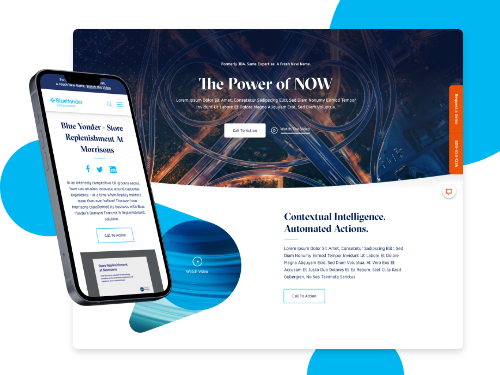It’s common knowledge that a strong SEO strategy is key to a successful website, but diving head first into the world of SEO can feel intimidating, especially when it seems like there are so many tactics you need to keep in mind. If you’ve ever felt lost in the labyrinth of SEO jargon, fear not! We’re here to demystify the world of SEO and set the record straight on which tactics you actually don’t need to prioritize.
- Geotagging Images: Geotagging images, or embedding location data within image files, was once believed to have a significant impact on SEO. However, search engines have evolved to become smarter in understanding the context and relevance of images without relying solely on geotags. They now prioritize other factors, such as image quality, alt text, surrounding content, and user engagement signals. While geotagging images can still be useful for certain purposes, it is not a necessary or primary factor for SEO benefit. Focusing on other aspects such as optimizing image quality, descriptive alt text, and relevant surrounding content will yield better results in terms of image SEO.
- Frequent Posting: Posting frequency alone is not a major factor for SEO benefit. While it’s true that regularly updating your website with fresh content is important for keeping your audience engaged, search engines prioritize the quality and relevance of the content rather than the frequency of updates. Instead of fixating on posting as often as possible, it’s more beneficial to focus on creating unique, compelling, and informative content that meets the needs of your target audience. High-quality content that provides value and addresses users’ queries is more likely to attract organic traffic, generate engagement, and earn natural backlinks – all of which are crucial for SEO success. Quality trumps quantity when it comes to SEO, so invest your time and effort into crafting exceptional content that resonates with your audience and aligns with their search intent.
- Link-Building Shortcuts: Search engines constantly update their algorithms to prioritize high-quality and authoritative content and have become smarter at identifying manipulative link-building practices that aim to artificially inflate website rankings. Engaging in outdated strategies, such as buying or exchanging links in bulk or participating in link farms, can lead to penalties and a significant drop in search rankings. These shortcuts also often result in low-quality or irrelevant backlinks that provide little to no value to the user. Search engines have become more adept at assessing the relevance and quality of links, favoring natural and organic link profiles. Building a network of reputable and authoritative links through legitimate means, such as creating valuable content that naturally attracts backlinks, is a more effective and sustainable approach. It’s also important to keep in mind that building a strong online presence requires trust and authenticity. By resorting to black hat tactics, you risk damaging your reputation and losing the trust of both search engines and users.
- Keyword Stuffing: One of the most common misconceptions about SEO is the belief that cramming as many keywords as possible into your content will boost your search rankings. In reality, search engines can easily detect keyword stuffing. Instead, focus on creating high-quality, engaging content that naturally incorporates relevant keywords.
- Meta Tags as Ranking Factors: Another misconception is the overemphasis on meta tags, such as meta keywords and meta descriptions. While these tags were once considered important for SEO, search engines now prioritize other factors, such as the overall content quality, user experience, and relevance of the page. While it’s still good practice to optimize your meta tags, their impact on search rankings is limited.
- Exact Match Domains: In the past, having an exact match domain (EMD) that precisely matched a keyword was thought to provide a significant SEO advantage. However, search engines now place less importance on EMDs and prioritize user experience and content relevance. A memorable and brandable domain name that reflects your business is often more valuable in the long run.
- SEO is a One-time Effort: Many people mistakenly view SEO as a one-time task or a quick fix. In reality, SEO is an ongoing process that requires consistent effort and adaptation. Search engines frequently update their algorithms, and competition is constantly evolving. Regularly monitoring and adjusting your SEO strategy is crucial to maintain and improve your search rankings over time.
It’s important to stay updated with the latest SEO practices and be wary of outdated misconceptions. By understanding these common misconceptions and focusing on effective, ethical SEO techniques, you can maximize your website’s visibility and achieve long-term success in search engine rankings.
Recent Posts
July 24, 2024
Designing Mobile-First Websites: Best Practices
July 19, 2024


